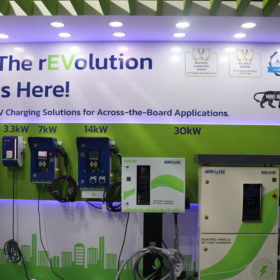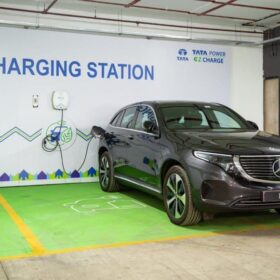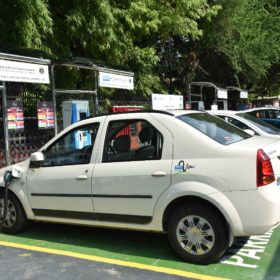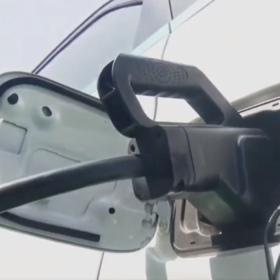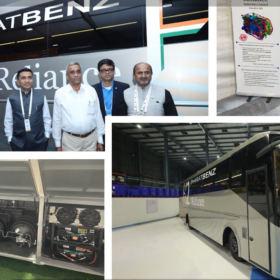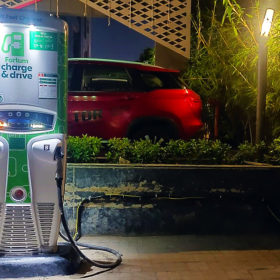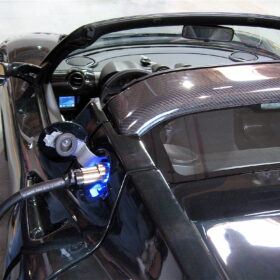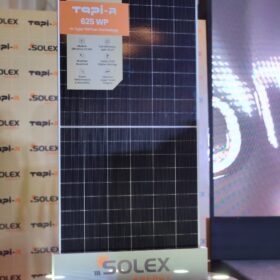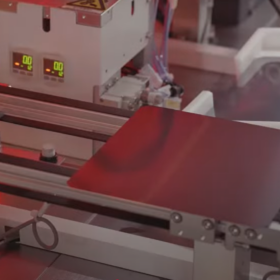Servotech Power Systems wins 2,649 EV chargers order from BPCL
Servotech Power Systems will manufacture, supply, and install 2,649 AC EV chargers at BPCL petrol pumps in major Indian cities across India.
Tata Power surpasses 62,000 home EV chargers milestone
Tata Power’s installed home EV charger base now extends beyond 62,000 with 11,529 new deployments done in Q2 FY 2024.
Ashok Leyland to make electric buses in Uttar Pradesh
Ashok Leyland will produce electric buses and also assemble other vehicles powered by emerging alternative fuels at its integrated greenfield plant in Uttar Pradesh.
Amazon, Petronas to collaborate on clean energy growth
Petronas arm Gentari will provide green mobility solutions to decarbonize Amazon’s India transportation network. Amazon Web Services (AWS) will support Petronas in designing and constructing a state-of-the-art plant to produce sustainable aviation fuel.
Growth and challenges in EV infrastructure:
The lack of standardized charging systems can create complications for EV owners. Different EV models may require specific charging systems, and a universal standard is crucial to ensure compatibility and ease of use.
BPCL targets EV charging facility at 7,000 fuel stations by December next year
Bharat Petroleum Corp. Ltd plans to convert 7,000 of its fuel stations into complete energy stations by equipping them with electric vehicle charging facilities by Dec. 2024.
Reliance Industries, BharatBenz unveil intercity luxury bus powered by hydrogen fuel cell
The intercity luxury coach, engineered by BharatBenz, runs on Reliance Industries’ hydrogen fuel cell technology.
Delhi’s aggressive EV timelines may hit gig workers’ livelihood: IAMAI
The recently released Delhi motor vehicle aggregator and delivery service provider scheme envisages that aggregators and delivery service providers in Delhi will switch to an all-electric fleet by April 1, 2030.
Epsilon Advanced Materials plans $650 million EV battery anode facility in USA
India’s Epsilon Advanced Materials will invest $650 million to set up a graphite anode processing facility in the USA. The facility will produce high-capacity synthetic anode materials for electric vehicle (EV) batteries.
Faster electric car rollout in Bangladesh demands policy support
The economic burden of air pollution in Bangladesh, for which transport is one of the major reasons, calls for strong policy-level intervention to increase the adoption of electric cars.
